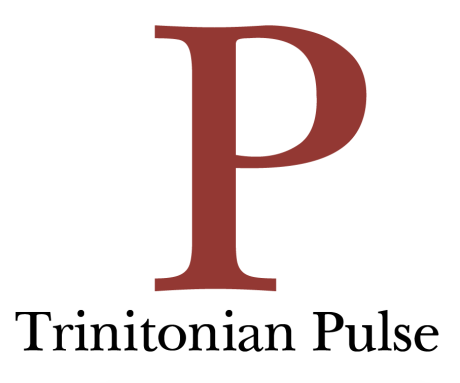Trinity’s math department prides themselves on being one of the most diverse departments at the university. The department have named themselves as “˜The 985′ because their department is made up of nine faculty members from eight different nations, spanning five continents.
Peter Olofsson, the chair of the department, arrived at Trinity with an already established diversity presence as the Swedish member from a team of Vietnamese, Swedish, Palestinian, Cameroonian, Croatian, Brazilian, Mexican and American faculty.
“After I was hired, we have hired two new faculty, one from Cameroon in Africa and one from Vietnam in East Asia,” Olofsson said.
This newly enriched department serves as a stark change from the math department of several decades ago, in which everyone was not only American but also Texan.
“It’s not a deliberate effort to get this global diversity, it’s just something that has happened when we try to employ the best people for the job,” Olofsson said.
Hoa Nguyen, a professor from Vietnam, one of the most recent hires, anticipated the diversity of Trinity when she initially applied.
Nguyen found math’s universality to be one of the uniting factors of these varying cultures.
“Math faculty can easily look over each other’s background, native language or skin color to focus on what we think are important in math education and in our own research fields,” Nguyen said. “Some students find it comforting to relate to an instructor’s origin. Other students enjoy learning new ways to think or see math concepts from different perspectives.”
A heightened diversity helps bring awareness for the cultural differences on staff.
“It helps to keep in mind that we should all act professionally to create a positive environment in the department and for our students,” Nguyen said.
Senior math major Ellen Liaw garnered a unique perspective on the diversity within the math department. For example, Liaw recounted a story from her personal educational experience that highlighted the positive impact the diversity of the department had on her education.
“Dr. Macura was telling us in our Modern Algebra class about how in Croatia she had to learn real analysis her first year of college. It’s not always how it’s exactly put into their teaching method, but how they inspire and support us to move forward using their culture.” Liaw said.
For Liaw, the math department is like a family, and she looks at the future of a campus which shares in this tight-knit diversity with cautious optimism.
“It is possible to expand diversity to the entire school but it’s going to take a lot longer to do that because we’re fortunate to have so many faculty from all over the world. It’s impossible for Trinity to look for specific races and countries when filling jobs,” Liaw said.
Those looking to get more involved with diversity on campus are encouraged to contact Dr. Olofsson or another member of The 985.







